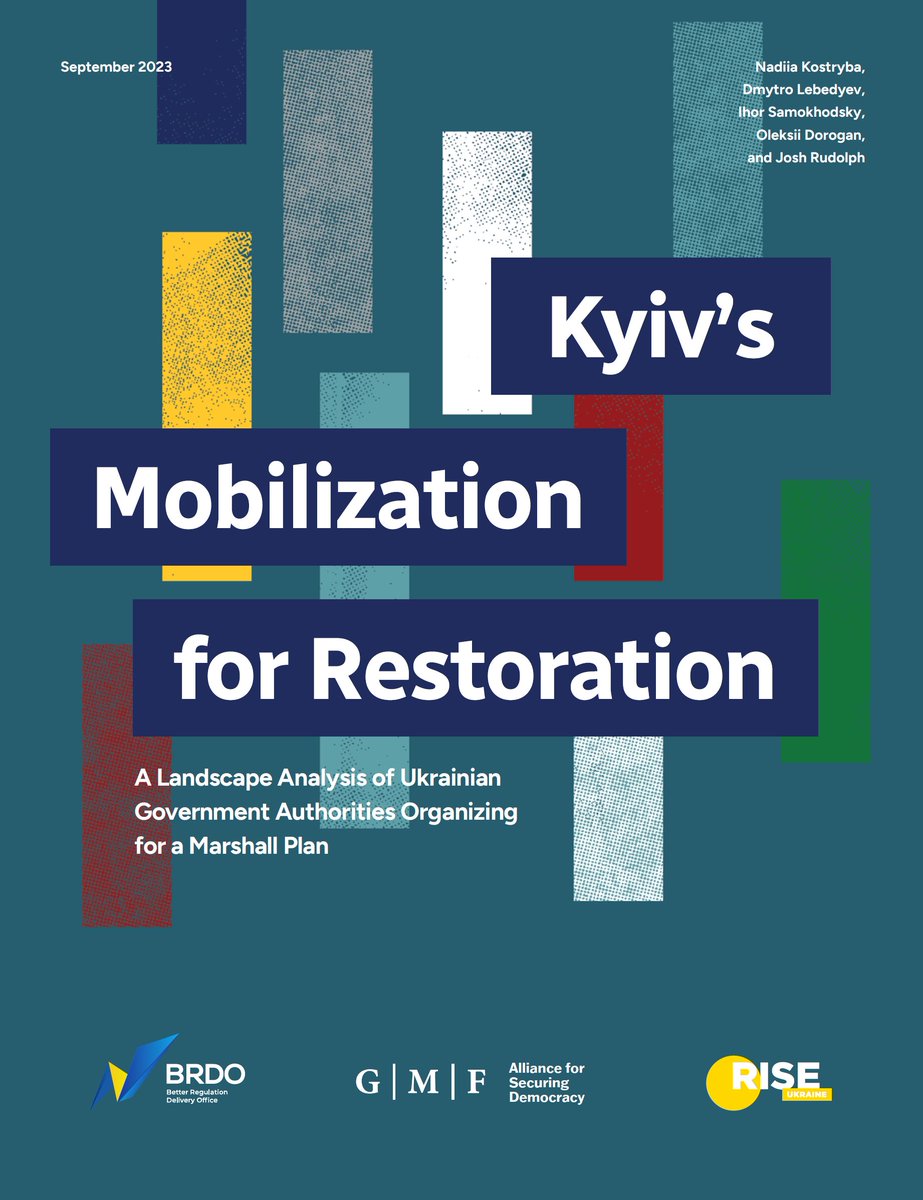Treasury just issued this media advisory on @TreasuryDepSec's speech at 10am Monday, which will unveil Treasury's anti-corruption plans. They're banging the war drum.
The strength of Treasury policies depends a lot on the details, so here's a thread reviewing my recommendations.
The strength of Treasury policies depends a lot on the details, so here's a thread reviewing my recommendations.

Let's start with what @IanTalley and @dnvolz reported last night, which is that in addition to sanctions, Treasury will be taking actions this week to increase the transparency of corporate ownership and close loopholes in the real estate market. wsj.com/articles/u-s-t… 

With regards to beneficial ownership, FinCEN is expected to release the rule that they've been drafting most of this year prescribing which entities will have to report their ownership information to Treasury. OIRA completed its final review of the draft rule four days ago (⬇️). 

Here's my piece recommending how the rule should broadly scope the entities and info covered by the reporting obligations, limit exemptions to companies that already disclose ownership, verify info for accuracy, and broadly ensure timely & easy data access.securingdemocracy.gmfus.org/regulating-ben…
That was before the #PandoraPapers, which revealed lots of dirty money flowing into US trusts. Here's a thread on how FinCEN should write its rule to maximize the extent to which the registry can cover trusts, within some significant statutory constraints.
https://twitter.com/JoshRudes/status/1445823775811985410?s=20
With regards to real estate, my guess is they'll issue a new rule permanently imposing the reporting obligations title insurers face under geographic targeting orders.
The key details will involve how much the scope is expanded versus current GTOs. I recommend six expansions. ⬇️
The key details will involve how much the scope is expanded versus current GTOs. I recommend six expansions. ⬇️

Really going big on anti-money laundering rules for the real estate market would mean not just making GTO duties permanent but also expressing an intention to impose AML rules on the full range of real estate professionals (realtors, escrow, lawyers, etc).
https://twitter.com/JoshRudes/status/1455949436195069966?s=20
Beyond beneficial ownership and real estate, I've been recommending Treasury launch a broader mission to impose AML rules on all manner of professional enablers.
As described below, that would ideally also include antiquities dealers, investment advisors, and art dealers.
As described below, that would ideally also include antiquities dealers, investment advisors, and art dealers.

Of those additional priorities, the two that I have reason to believe they've been doing some work on are the antiquities rule (left image) and an art market study (right image), both statutorily due Dec. 27). In both cases the key is to capture a broad set of dealers (right). 



A particularly impressive surprise would be if they also say they'll impose AML rules on investment advisors, a subject that @EHanichak, @LaksKumar_GFI, and @garyk129 published this great piece on last week: thefactcoalition.org/report/private…
Here's what strong details would look like. ⬇️
Here's what strong details would look like. ⬇️

Lastly on AML, to get Congress moving on more authorities, Treasury could announce it supports the Enablers Act, which is important to pass before the midterms and would give Biden's Treasury plenty of anticorruption implementation to focus on in the final two years in office. 

Finally, I've recommended Treasury publish a national corruption risk assessment: securingdemocracy.gmfus.org/treasury-shoul…
And beyond FinCEN/AML issues, I've recommended a whole-of-Treasury anticorruption strategy, including Int'l Affairs, OFAC, OIA, and others. ⬇️securingdemocracy.gmfus.org/treasurys-war-…
And beyond FinCEN/AML issues, I've recommended a whole-of-Treasury anticorruption strategy, including Int'l Affairs, OFAC, OIA, and others. ⬇️securingdemocracy.gmfus.org/treasurys-war-…
That's my entire wish list. I don't expect Treasury will deliver a majority of these reforms, because frankly corruption hasn't been as high on their agenda as other issues like corporate taxes, pandemic recovery, and climate change. foreignaffairs.com/articles/2021-…
But it's great to see that @TreasuryDepSec has a major speech on this issue and will reportedly deliver reforms around beneficial ownership and real estate transparency. Let's hope for strong details on those issues and maybe a couple more proposals from the wish list above! 🤞 

• • •
Missing some Tweet in this thread? You can try to
force a refresh


















